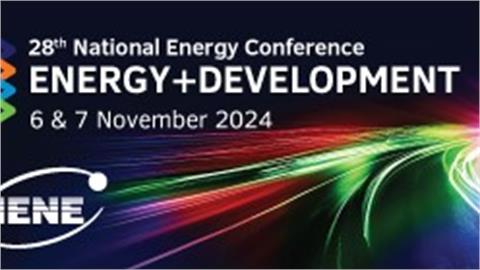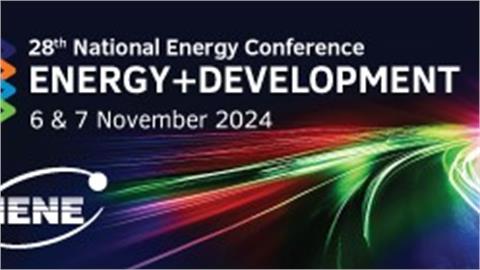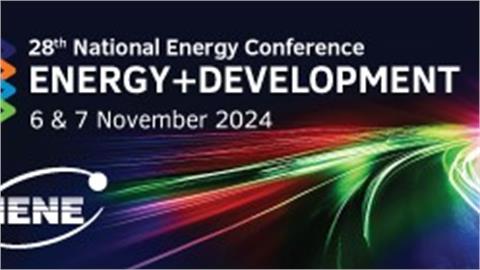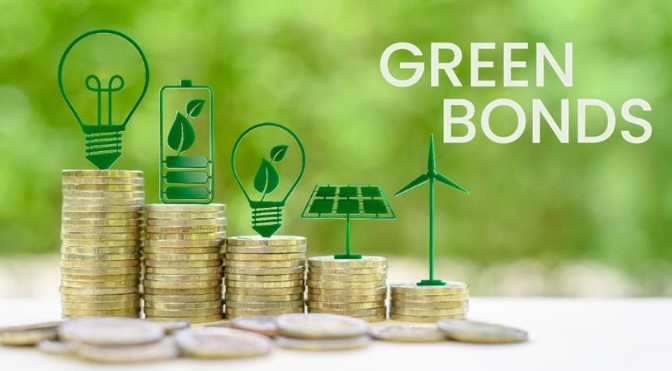Improving energy security, reducing European energy dependence and controlling gas and electricity prices will be at the center of the 26th Annual National Energy and Development Conference organized by IENE on November 22-23 at the Divani Caravel Hotel in Athens.
This is an established major event for energy policy and businesses and is expected to attract hundreds of delegates from Greece and abroad, especially from several SE European countries. Planning for the event is at an advanced stage with more than 40 speakers and panelists having already confirmed their participation. As usual the conference is backed by several major energy companies and organisations active in Greece and SE Europe.
The conference is being held under the auspices of the Ministry of Environment and Energy and the Regulatory Authority for Energy (RAE). The conference will open with a ministerial panel discussion at SE European level, to be chaired by Greece’s Energy Minister, Mr. Costas Skrekas.
In view of the ongoing energy crisis in Europe where gas and electricity prices have risen many folds over the last 12 months, the energy shortages observed and anticipated, following European Union’s embargo on Russian energy imports, after Russia’s invasion of Ukraine last February, energy security has emerged as a subject of prime importance for almost all European countries.
At the heart of this discussion lies the need to balance the further development of indigenous energy sources, from both fossil fuels, nuclear and renewables, with the overall goal of lessening Europe’s energy dependence and at the same time adhere to EU’s targets for lowering greenhouse gas emissions. In this context the role of Renewable Energy Sources together with the parallel need to urgently improve energy efficiency will be examined in detail together with the obstacles which prevent wider use of RES in the various countries’s energy mix. At the same time the need to expand and upgrade electricity grids and introduce viable storage systems is becoming paramount and this is expected to draw considerable attention.
No less important is the role of natural gas and oil in maintaining and running the present energy system especially in view of natural gas’s growing role in power generation and how this of late has impacted electricity prices. Although the need for Europe to expand its indigenous oil and gas production is apparent under the present crisis circumstances, this has to be discussed in the context of EU’s climate goals and whether it is realistic to maintain and nurture such ambitious goals.
Finally, a fair amount of discussion will be devoted in the handling of the present crisis by the EU and the various governments, especially regarding the adopted policy of extensive subsidies. The question of whether subsidies should continue and at what level in view of the negative impact which they have in maintaining fiscal discipline, will be debated at length together with the need to overhaul the European gas and electricity market to prevent price peaks as the ones we have been witnessing recently.



